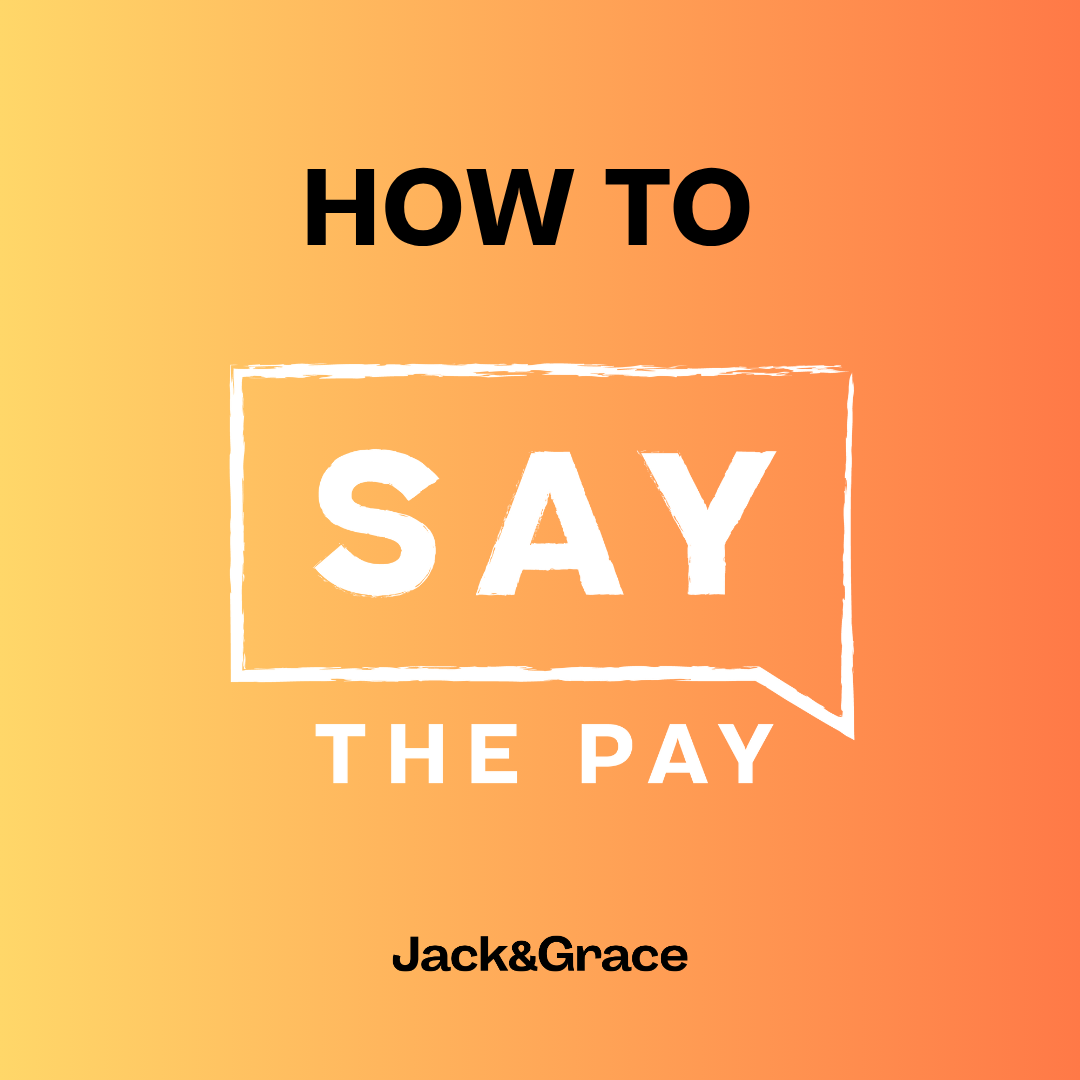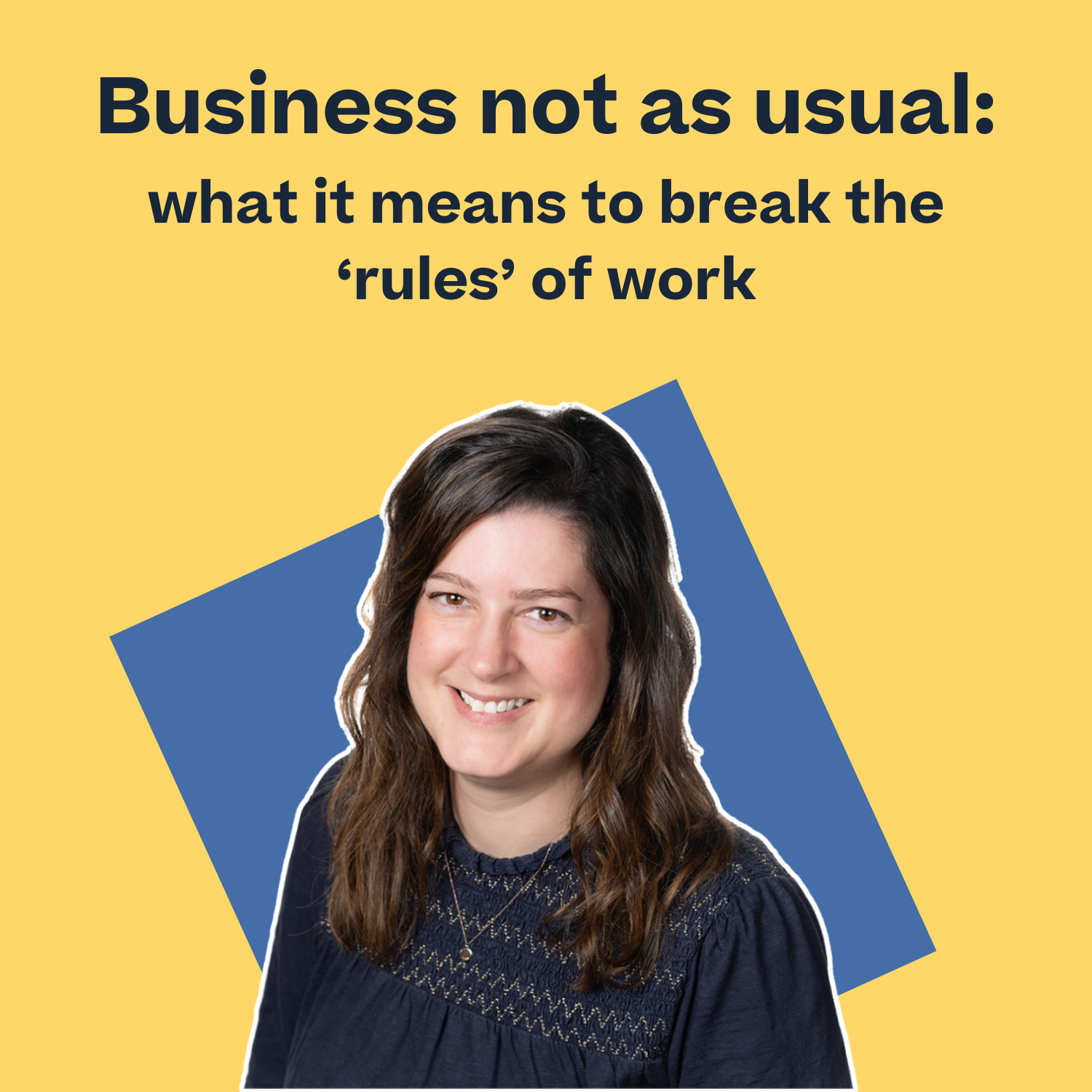News • 07/01/21
7 things we learnt from our first year in business…


The good, bad, and ugly things we’ve learned in our first year of business.
Laura and I launched Jack & Grace in April 2020, in lockdown. Which sounds pretty hardcore but actually wasn’t as full-on as it sounds. I won’t be rushing back to juggling a toddler and work again unless forced to (hello lockdown 3), but it wasn’t all bad.
We’re big fans of the growth mindset. In practice this means we’re open to working and sharing with others, we actively try not to be defensive, we don’t think we know it all (or ever will), and we make reflecting on experiences to see what we can learn part of our everyday routine.
With that in mind and in case it gives anyone else food for thought here are some of the good, bad, and ugly things we’ve learned about launching a business in general, and in the strange year that was 2020.
Please do yell with your own learnings. What have we missed?
- Aim realistic
It’s good to stretch yourself, but it’s also really disheartening to have impossible goals that you can’t meet and then beat yourself up for not meeting them. Set a target that won’t be easy to reach, but don’t make it unrealistic. Unfashionable, but this served us well in year one, particularly in a pandemic.
- Keep talking
To clients, to co-workers, to colleagues particularly when talking is the last thing you want to do. That’s when it’s needed most, and you’ll feel better.
- Find your sounding board
We got our Board in place before we even had clients. Having an expert but external sounding board to hold us to account, share their experience, help us spot and solve problems, and keep us on track, has been a game-changer.
- Compromise loads but not on the really important stuff
As in any good relationship, compromise is the key. In our first year we’ve had to roll back on a vision for client and team contracts that are only a page long (the lawyer got extremely sweaty), approaches to delivering client work, and file sharing (there were a lot of strong opinions on this one). But we haven’t once compromised on the stuff that really matters, that makes us who we are. It helps that we wrote those things down at the very beginning. It’s felt good not taking work that doesn’t fit our values and removing a standard clause in a contract that asks people to work extra hours unpaid and without getting the time back. I’ve pasted it below – worth checking if it’s in your own contract.
In addition to your core hours of work, you may be required to work additional hours, including at weekends or during public holidays, whenever this is reasonably necessary to carry out your duties properly.
- Talk about money (and babies, and death)
Many of us are so bad at talking about this stuff. We are no exception and having been burnt in the past we decided to get it all out in the open upfront. What are our expectations on salary? Do we want more children? What are our expectations around parental leave? What happens if one of us wants to leave, or dies? It wasn’t the most fun conversation ever, but it also wasn’t that bad either. Even though we did it upfront, it still took a word from our Board to push us to keep having these uncomfortable conversations as the business continues to evolve.
- Lead by example
Powerfully delivered words are lovely, but people follow what they see you do, not what they hear you say. If you want people to feel able to do some exercise as part of their working day, do it yourself first and then cover for them when they’re out of the office. If you want people to be open when they’re feeling demotivated or low energy, be honest on how you’re feeling, and responsive when they share. If you say you value people and planet, reflect that in your choice of suppliers, be transparent and ask others to hold you to account.
- If they seem like a patronising sexist on the first call, they probably are
It’s ok to give people the benefit of the doubt once or twice. But don’t keep doing it. If something feels off, it probably is, and it probably won’t just magically disappear over time. It’s not always going to be a good fit and that’s ok, even if you lose out on business as a result. It’s not business you wanted anyway.



